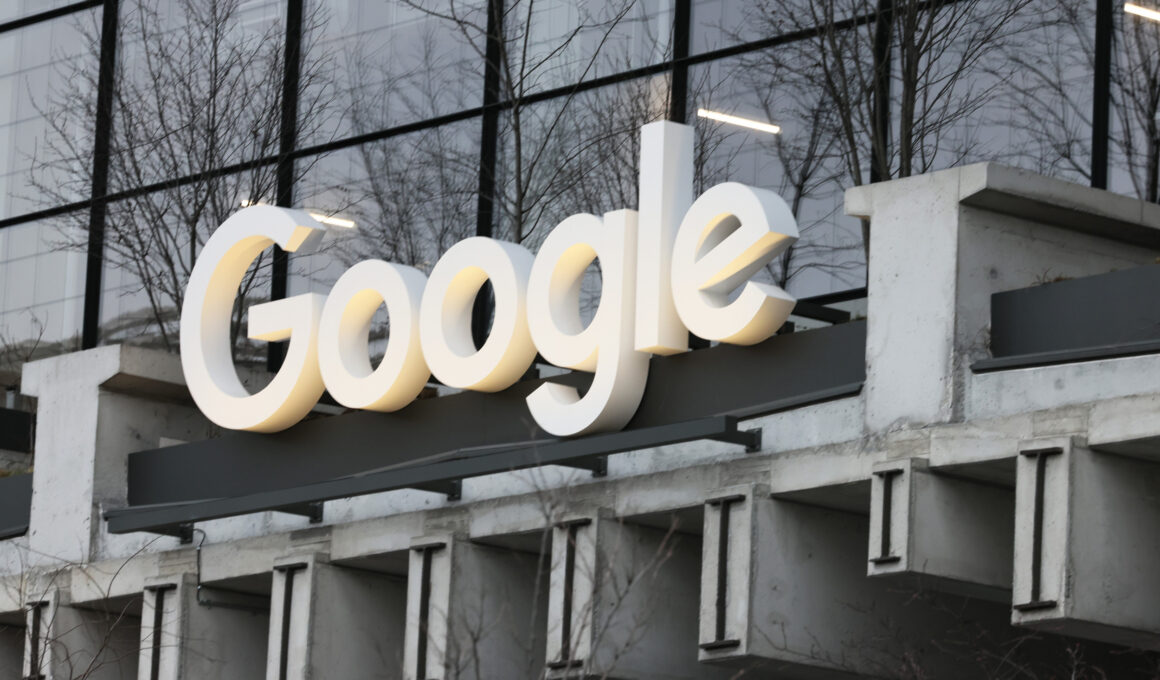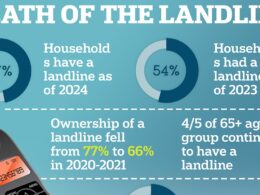A federal judge on Monday ruled Google violated U.S. antitrust laws by acting illegally to maintain a monopoly in online search.
“Google is a monopolist, and it has acted as one to maintain its monopoly,” Judge Amit P. Mehta of the U.S. District Court for the District of Columbia said in his 277-page ruling.
The U.S. Department of Justice (DOJ) and several dozen state attorneys general had sued Google, accusing the company of paying billions of dollars to Apple, Samsung and other companies to make Google the default search provider on smartphones and web browsers.
“This victory against Google is an historic win for the American people,” Attorney General Merrick Garland said in a statement. “No company—no matter how large or influential—is above the law. The Justice Department will continue to vigorously enforce our antitrust laws.”
Newsweek reached out to Google via email on Monday for comment.
Kent Walker, president of global affairs at Google and its parent company Alphabet Inc., responded to the decision in a statement to Newsweek.
“This decision recognizes that Google offers the best search engine, but concludes that we shouldn’t be allowed to make it easily available. We appreciate the Court’s finding that Google is ‘the industry’s highest quality search engine, which has earned Google the trust of hundreds of millions of daily users,’ that Google ‘has long been the best search engine, particularly on mobile devices,’ ‘has continued to innovate in search’ and that ‘Apple and Mozilla occasionally assess Google’s search quality relative to its rivals and find Google’s to be superior,” Walker said in his statement.
He aded, “Given this, and that people are increasingly looking for information in more and more ways, we plan to appeal. As this process continues, we will remain focused on making products that people find helpful and easy to use.”
Google is the most popular search engine in the world. The Associated Press (AP) reported that a study by the investment firm BOND found Google processes an estimated 8.5 billion search queries per day, which represents around double the amount of searches it fielded 12 years ago.
The DOJ accused Google of paying billions to be the automatic search engine on devices and thus preventing other companies the change to compete. The New York Times reported that Google paid Apple about $18 billion alone in 2021 for being its default search provider.
DOJ lawyers also argued Google created a monopoly that charged advertisers prices for ads above what the rate should be in a free market.
Google has argued that consumers had made the search engine so popular.
“Google is winning because it’s better,” John Schmidtlein, a lawyer for Google, said during closing arguments for the case in May.
Mehta acknowledged consumer preference plays a role in Google’s dominance, saying: “Google is widely recognized as the best (general search engine) available in the United States.”
However, Mehta noted that other search engines have proven to be successful when given the opportunity, citing the popularity of Microsoft‘s Bing search on the Microsoft Edge browser.
“Advertisers consistently testified that shifting significant ad spending from Google to Bing would be ineffective (and unwise) because of Bing’s lack of scale,” Mehta said.
The judge has yet to decide on a punishment. He could recommend changes to how Google conducts deals with other companies or go farther by forcing the company to dismantle parts of its business.
Google is expected to appeal the decision, though, and the AP said the final decision could be made by the U.S. Supreme Court.
Update 08/05/24 4:30 p.m. ET: This story has been updated to include more information.
Update 08/05/24 4:50 p.m. ET: This story has been updated to include a statement from Kent Walker.







